Allow media at Gukurahundi outreach meetings, ZPRA veterans urge chiefs
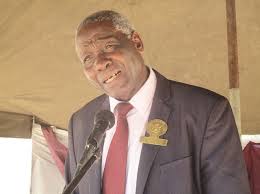
The ZPRA Veterans Association has implored the President of the National Chiefs’ Council, Chief Mtshane Khumalo, to allow media coverage of the upcoming Gukurahundi community outreach meetings.
This request comes after the National Chiefs’ Council previously barred the media from attending the actual hearings in rural communities, restricting access to only post-event briefings.
The former freedom fighters said the exclusion of the media from covering the outreach meetings suggests that these public hearings are not intended to be public, exposing the government’s stance against free expression.
The association’s deputy chairperson, Grace Noko, said when the veterans visited Chief Mtshane’s homestead last week, they advised him to permit media coverage so that the outreach initiative is transparent.
“Are you aware that the media will not be allowed to record the outreach programmes? When we spoke with Chief Mtshane, we told him it was bad to exclude the media,” she said at a meeting for the ex-ZPRA veterans in Bulawayo early this week.
Noko said while Chief Mtshane provided justifications for the council’s decision to exclude the media, the ex-ZPRA members pointed out that a media blackout was a flaw that threw doubt on the chiefs’ ability to resolve Gukurahundi issues.
“Chief Mtshane told us there was a fear that the media may misrepresent issues when they present them to the public and cause further issues. But as an organisation we told him even if they did the programme at a closed or secluded house, those deliberations – come end of the day, they will be out on social media,” Noko stated.
She said the association informed Chief Mtshane that as long as some attendees had a phone, it was possible for one to record the meetings and share the footage with others on social media.
“When those deliberations are now shared on social media, the misrepresentation will be worse. That picture may be shared to lots of people in the shortest space of time while you are still inside that meeting,” Noko said.
“Chief Mtshane acknowledged that possibility and we asked them to let the media do their work as they know how to cover sensitive matters.”
According to Noko, the ZPRA combatants believe the presence of the media would help with transparency because their footage would serve as proof of what people said.
“We asked the chief that if they work on their own and compile their report, how sure are they that their report will be publicised to people?” she questioned, noting that ZPRA’s war records were missing up to today.
“Where are our ZPRA records? They are still missing. We asked Chief Mtshane what would happen if their final report goes missing when the time to scrutinise it comes. What will happen when they have no media coverage to back up what they will have worked on?”
Noko claimed it was possible the chiefs’ report may go missing, just as the Dumbutshena and Chihambakwe Commission of Inquiry reports were not published.
“Chief Mtshane told us they had decided that the chiefs will work in the community then afterwards come to town to update the media to capture what they would have done.
We refused that as well and said that will not work. What if the chiefs select what to say to the media. We asked him to let the media be part of the programme ,” said the deputy chair.
ZPRA veterans association spokesperson, Buster Magwizi also added that “the exclusion of the media tells a lot about this process.”
“It is difficult not to look on with irony at how the public hearings, aimed at freeing speech for victims, are not really open. These outreach meetings now require a special pass to attend yet we assumed freeing speech entails freeing attendance for all,” he said.
ZAPU president Sibangilizwe Nkomo concurred the Gukurahundi outreach programme must “be an open process where the media is permitted to inform the public about proceedings.”
Nkomo added that the safety of victims must also be legally guaranteed after they make their testimonies.
Meanwhile, churches and Civil Society Organisations (CSOs) have also said there is a need for open and uncensored discourse during the hearings.


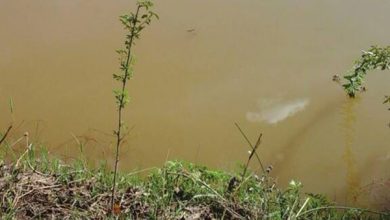
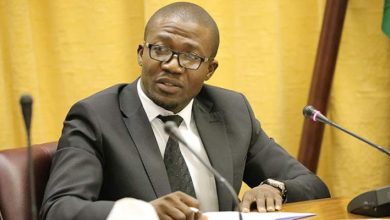
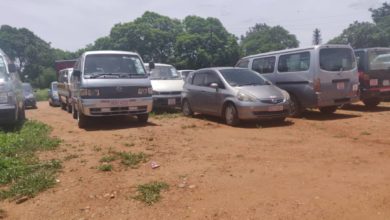
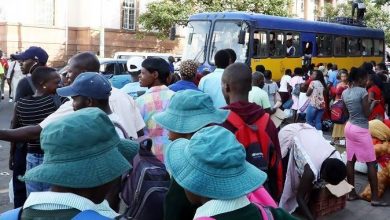

The Dumbuchena and Chihambakwe were not lost but hidden by genocidists..